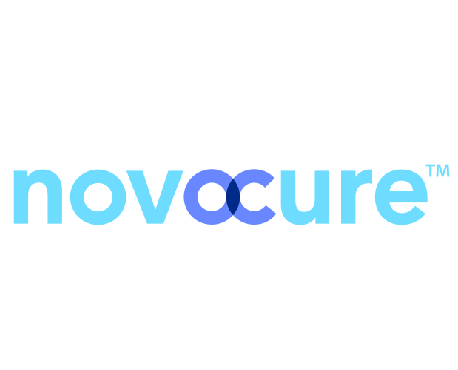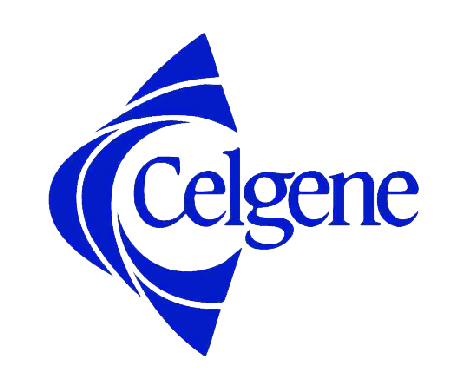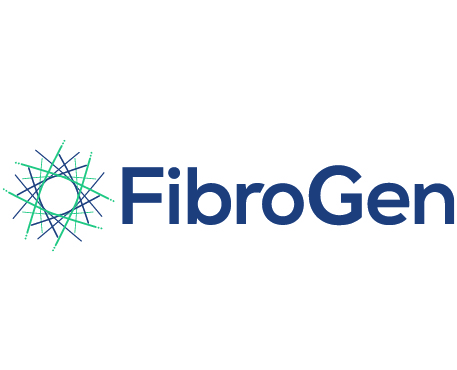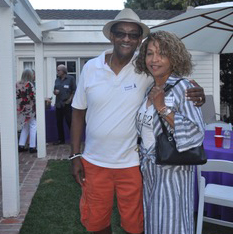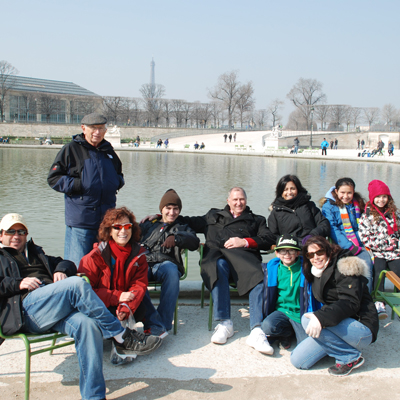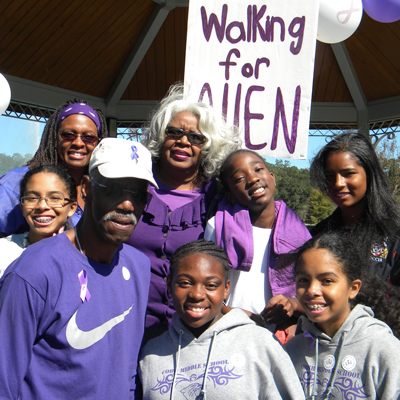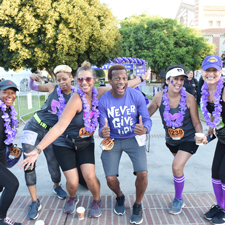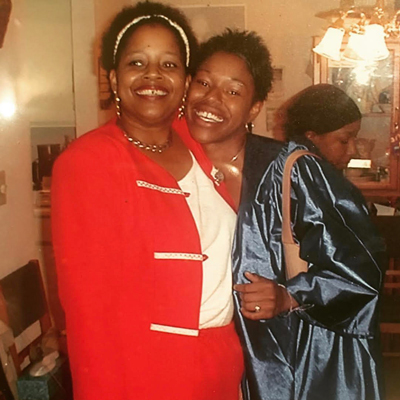Many of the ways in which patients are able to receive care have changed in light of COVID-19. In order to keep our pancreatic cancer community informed, we are providing virtual support and resources for our pancreatic cancer community.
Genetics plays an important role in the treatment of pancreatic cancer, and COVID-19 has brought about some important changes in regulations around telemedicine and genetic counseling. Individuals with an increased genetic risk may benefit from lifestyle modifications to prevent cancer or from early diagnosis, when treatment may provide a better outcome.
Wendy Conlon, MS, CGC, is a genetic counselor with UCLA. She oversees surveillance of patients and their family members, provides risk assessment, genetic counseling and genetic testing to individuals with pancreatic cancer and their at-risk relatives. She helps individuals and families navigate their treatment options, as well as other cancer prevention strategies. In light of COVID-19, access to genetic counseling and testing is easier and more convenient, and Wendy shares these updates. We learn about the benefits of genetic counseling and ask Wendy questions about this important topic!
